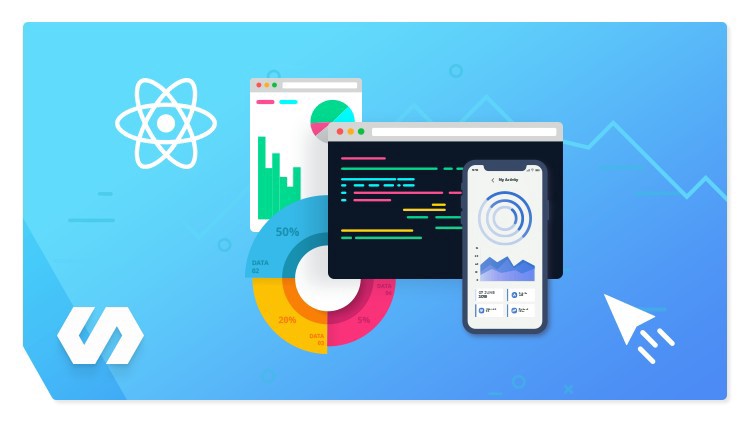Startups and several established app development companies invest in React Native framework for reducing time & cost of app development. It is one of the most popular cross-platform mobile frameworks, as per the latest survey. According to the study, over 40% of software developers prefer React Native.
A React native app development services is under huge pressure to deliver high-performing, offline mobile apps that can be scaled anytime. Thus, it is sometimes tough for the developer team to choose the perfect technology stack having the right database. This blog will cover the top 5 database that matches your requirements, including support for offline mode or scaling easily with your user base.
Best Database for App Development
1. SQLite
This provides users the capacity to build local storage databases for mobile applications. Here, ‘Lite' means lightweight database needing a minimal setup. The performance quality is arguable but significant output can be achieved if proper skills are available. SQLite source code is free to access & it is in the public domain.
Features:
- It stores data in the cross-platform database file.
- It is ACID compliant; hence it performs nearly all SQL principles.
2. Firebase
This database is owned and managed by tech-giant Google. If your mobile app works more in data handling & offline mode, Firebase is your best database. It can smoothly handle MVC-based React Native apps needing large volume of data. In addition performance tracking tools are present to evaluate bugs in the app. It offers complete access to data removal from the Google server whenever needed.
Features:
- Easy to integrate Firebase into any mobile app smoothly.
- Helps to integrate the data across multiple platforms.
- It reserves the data on devices to provide offline access to users.
3. PouchDB
PouchDB is an open-source JavaScript database managing data in JSON format. The database allows storing data locally as well as offline & later syncs it with compatible servers. It helps secure data smoothly with the in-built authentication system. You can hire mobile app developers to implement the PBKDF2 crypto algorithm for securing encoded keys from online threats.
Features:
- It helps integrate data with any supported server.
- PouchDB supports SSL meaning you can encode data smoothly with AES256.
- It helps imitate data like a pro.
4. MySQL
This is a relational database working on SQL only. MySQL has the feature to support the memory's multi-thread-based allocation allowing working faster with sophisticated data. This database support data encryption to eliminate server-side weaknesses.
Features:
- It is built to save more extensive information.
- MySQL supports encryption making it safer from the server-side weaknesses.
5. Amazon DynamoDB
DynamoDB is basically a NoSQL database service operating on AWS cloud & is decentralized with limited admin needs. You only have to pay for your IO & storage service for using this database. DynamoDB will simply share your data naturally to the cloud over different tables.
Features:
- It is basically performance optimized.
- It is cheap to implement with horizontal scaling.
- Encryption is easier with DynamoDB.
Wrapping Up
Before deciding on choosing your database, you should first consult best Mobile App Development Company in India with your app requirements. You shouldn't compromise a single requirement while selecting a database. Your app's performance & effectiveness relies to a great extent on the database you choose for your app development service. You can even hire an experienced React Native app developer to help you build an engaging app with the best database without any delay.






